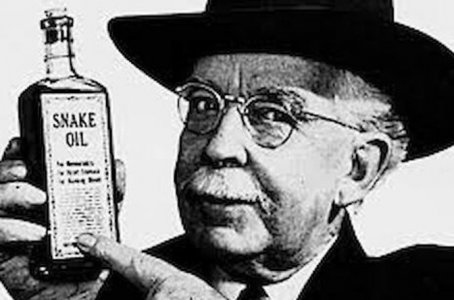When I was a child, most here probably have the same memories,
about getting vaccinated.
I remember they put the vaccine on the skin of my arm, then scratched
it with a needle, to get it into the arm, a bit silly we might think, to get
it into us, but it seemed to work, each different vaccine only needed to
be applied once, now I doubt that it was the method of applying it that
made it stronger, but I wonder why these modern drugs against Covid
need to be repeated at regular intervals, are they not strong enough,
are they really Vaccines?
We had several different ones, but still only once, maybe the people at
the Pharmaceutical companies thought that the older methods were
no good in modern times, it made me wonder.
What do you think, am I just raving, or do I have a point?
Mike.
about getting vaccinated.
I remember they put the vaccine on the skin of my arm, then scratched
it with a needle, to get it into the arm, a bit silly we might think, to get
it into us, but it seemed to work, each different vaccine only needed to
be applied once, now I doubt that it was the method of applying it that
made it stronger, but I wonder why these modern drugs against Covid
need to be repeated at regular intervals, are they not strong enough,
are they really Vaccines?
We had several different ones, but still only once, maybe the people at
the Pharmaceutical companies thought that the older methods were
no good in modern times, it made me wonder.
What do you think, am I just raving, or do I have a point?
Mike.


